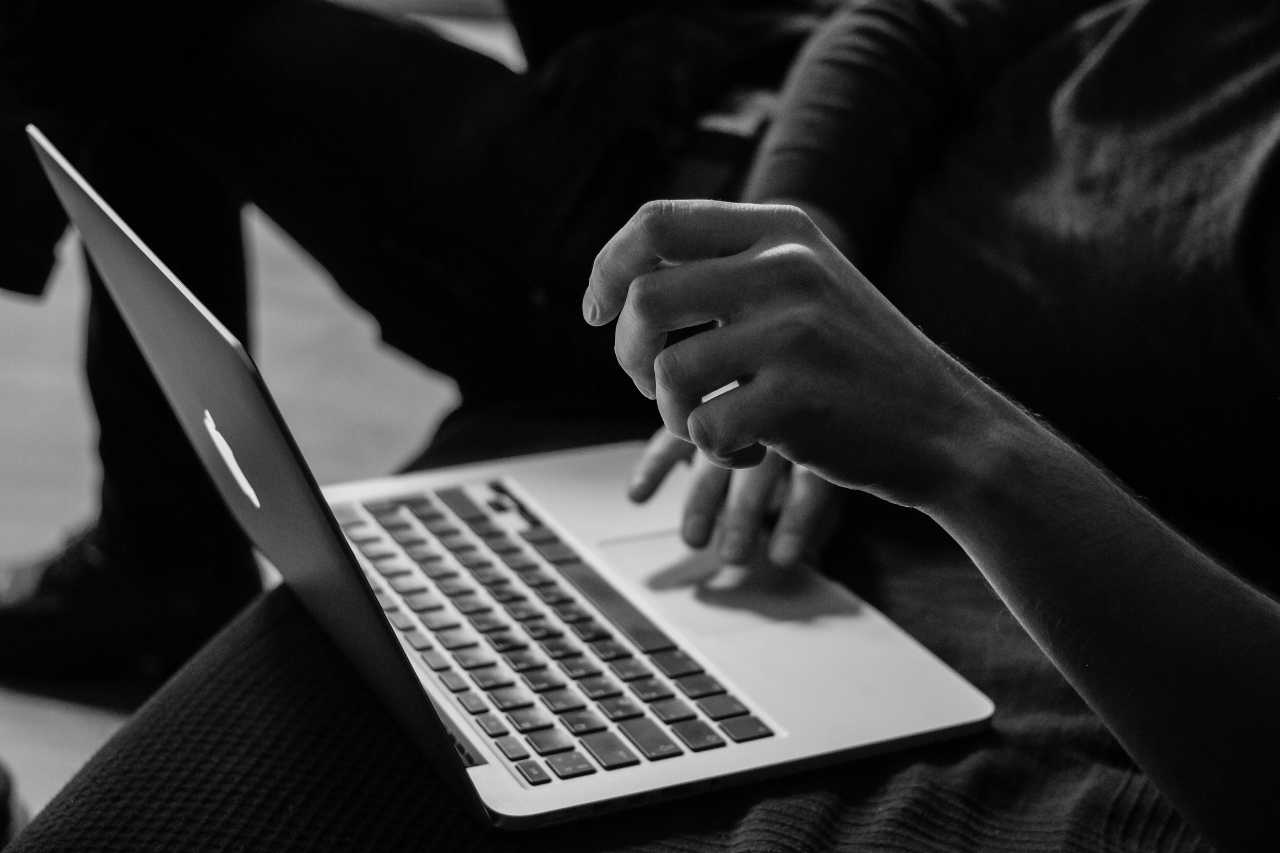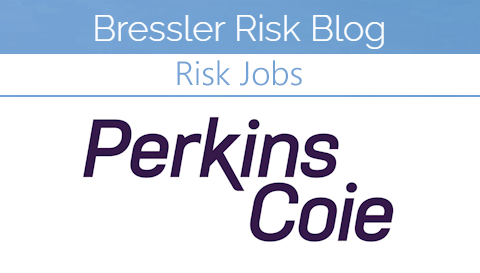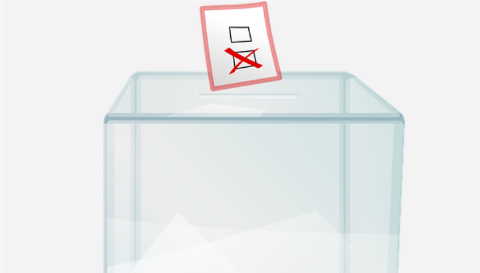Estimated reading time: 5 minutes
The Growing Importance of Mugshot Removal in Louisiana
Mugshots—once confined to courthouse files and local newspapers—are now widely accessible on the internet. In Louisiana, the publication of booking photos has become a major reputational threat. Employers, landlords, and even community members can easily find these images, often without context.
The Louisiana mugshot removal law attempts to balance the public’s right to know with an individual’s right to privacy. Unfortunately, once mugshots are uploaded to third-party websites, they tend to spread quickly across the web, and removing them requires persistence and legal awareness.
Why Mugshot Removal Matters in Louisiana
Louisiana has one of the highest incarceration rates in the United States, which means that mugshot publication affects a large portion of the population. Even if charges are dropped or records are expunged, mugshots create lasting consequences.
- Employment discrimination: A hiring manager may not check whether the case was dismissed—they only see the photo.
- Housing difficulties: Landlords screening applicants may pass over anyone with an online mugshot.
- Personal relationships: Friends, family, and potential partners may make assumptions based on an outdated image.
- Mental health impact: Continuous online exposure to an old arrest photo can cause shame, anxiety, and stress.
“A mugshot online can feel like a permanent scar, even if the justice system clears your name.”
Louisiana Mugshot Removal Law: What You Need to Know
The Core Principles of the Law
Louisiana law prohibits mugshot websites from:
- Charging fees for removal when cases are dismissed, sealed, or expunged.
- Refusing to remove a mugshot after proper documentation is provided.
- Exploiting individuals by publishing booking photos solely for profit.
Mandatory Removal Triggers
You are entitled to mugshot removal in Louisiana if:
- The case was dismissed or charges dropped.
- You were acquitted at trial.
- Your arrest record was expunged.
- Your case qualifies under specific statutory protections.
Penalties for Violations
Websites that ignore Louisiana’s law may face:
- Civil fines
- Damages in lawsuits brought by affected individuals
- Enforcement actions from the Louisiana Attorney General
For authoritative updates, check the Louisiana Legislature’s website.
The Role of Expungement in Mugshot Removal
What Expungement Means in Louisiana
Expungement is the legal process of removing an arrest or conviction from public records. In Louisiana, expungement does not completely erase the event—it seals the record from most employers and background checks.
According to Louisiana Code of Criminal Procedure Art. 977, many misdemeanors, certain felonies, and arrests not leading to conviction are eligible for expungement.
Benefits for Mugshot Removal
Expungement provides leverage when requesting removal because:
- It proves the case no longer exists in public record.
- It strengthens takedown requests to mugshot websites.
- It can be submitted as evidence to search engines like Google for de-indexing requests.
Step-by-Step Guide to Removing a Mugshot in Louisiana
Step 1: Confirm Your Case Status
Visit the Louisiana Supreme Court site or contact the clerk of court where your case was filed.
Step 2: Collect Documentation
Obtain certified copies of dismissal, acquittal, or expungement orders.
Step 3: Send a Removal Request
Most mugshot websites provide an email or form for takedown requests. Include:
- Proof of dismissal or expungement
- A direct link to the mugshot
- A written demand for removal under Louisiana law
Step 4: Escalate if Ignored
If the site refuses, file a complaint with the Louisiana Attorney General.
Step 5: Seek Professional Assistance
Companies like Remove Arrest specialize in enforcing removal rights and suppressing mugshots across search engines.
Challenges with Louisiana Mugshot Removal
Even with strong laws, practical enforcement can be difficult.
- Sites hosted overseas may ignore Louisiana law.
- New sites can republish your mugshot even after it is removed elsewhere.
- Search engines may still index outdated links.
This is why suppression strategies—creating positive online content to outrank mugshots—are essential.
Proactive Strategies for Reputation Protection
Build a Positive Online Presence
- Publish professional bios, articles, or blog posts under your name.
- Use LinkedIn, personal websites, and reputable directories.
- Set up Google Alerts for your name.
- Regularly check search results.
Work with Remove Arrest
Remove Arrest offers:
- Louisiana mugshot removal services
- Search engine suppression
- Long-term monitoring and protection
👉 Contact Remove Arrest today for tailored solutions.
Legal Recourse for Noncompliant Websites
If a mugshot site ignores valid requests:
- Civil lawsuits: You may sue for damages.
- Injunctions: Courts can order sites to remove photos.
- Attorney General enforcement: The state can intervene.
While lawsuits take time, they serve as a deterrent to exploitative publishers.
Louisiana vs. Other States
Louisiana’s mugshot removal law is similar to those in states like Oregon and Missouri but unique in its focus on prohibiting pay-for-removal schemes. Unlike some states, Louisiana also ties removal strongly to the expungement process, making legal action a critical part of reputation recovery.
FAQ: Louisiana Mugshot Removal Law
Yes, but third-party use is restricted under state law.
Yes, through takedown requests, legal action, and suppression strategies.
Yes. Juvenile records are confidential and may not be published.
Anywhere from three to six months, depending on court backlog.
You can still request removal. Louisiana law applies to the mugshot publisher.
No. Pay-for-removal practices are banned.
Louisiana law may not apply, but suppression and search engine takedowns are alternatives.
Hiring Remove Arrest is typically the fastest, most effective path.
The Louisiana mugshot removal law is a powerful tool, but it requires knowledge, persistence, and often professional help to enforce. By combining legal rights with proactive reputation management, Louisiana residents can protect privacy and reclaim control over how they are perceived online.
👉 Start your mugshot removal journey with Remove Arrest.
Works Cited
- Louisiana Legislature. “Louisiana Revised Statutes.” Louisiana State Legislature, 2024. https://legis.la.gov/
- Louisiana Courts. “Supreme Court of Louisiana.” Louisiana Court System, 2024. https://www.lasc.org/
- Louisiana State Bar Association. “Resources.” LSBA, 2024. https://www.lsba.org/
- Louisiana Legislature. “Code of Criminal Procedure Art. 977.” Louisiana Revised Statutes, 2024. https://legis.la.gov/
Related Contents:






